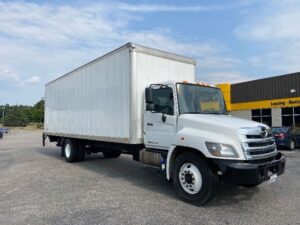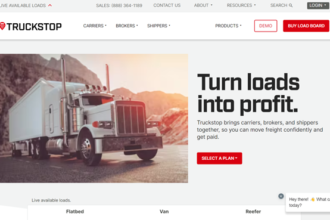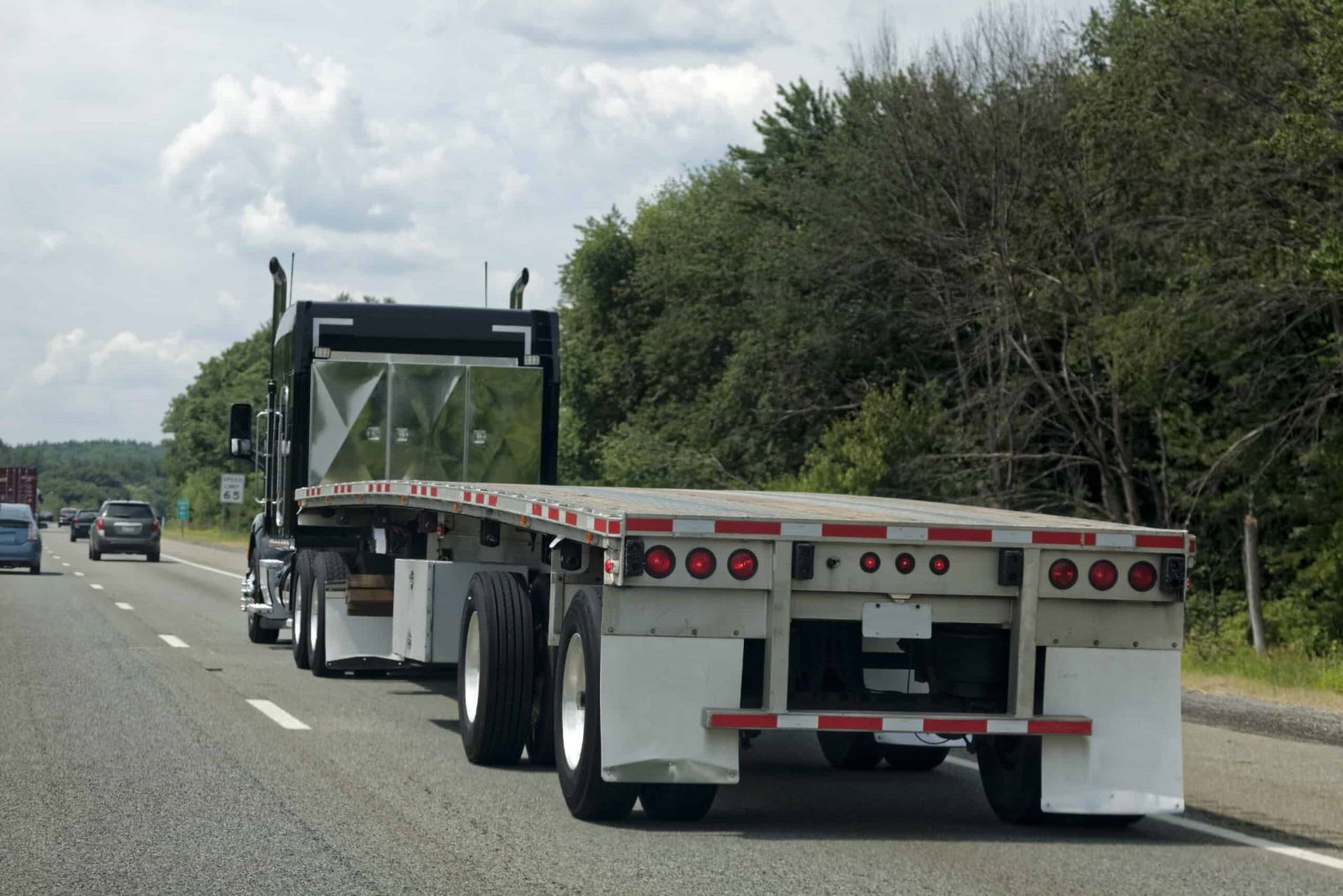Table of Contents
Hitting the road to haul some serious cargo? You’ll need more than just a compass and a can-do attitude. Navigating the world of trucking permits can feel like a whole other road trip. But fear not!
This guide will be your GPS, breaking down exactly what permits you need to operate legally and avoid any roadside headaches. From federal must-haves to state-specific extras, this article explains it all, so you can focus on what you do best: Delivering the goods!
1. Understand Your Vehicle Specifications
2. Know License and Registration Requirements Inside Out
3. Get a Grip on Insurance Needs and Coverage
4. Dive Deep into Safety and Compliance Standards
5. Familiarize Yourself with State and Federal Regulations
6. Explore Documentation and Paperwork Essentials
7. Learn About Special Permits and Endorsements
8. Stay Updated on Renewal and Maintenance Procedures
Ready? Let’s hit the road to permit perfection together!
1. Understand Your Vehicle Specifications
Understanding your vehicle specifications is key to navigating the permit process smoothly. Start by knowing the make, model, year, and VIN of your truck. This info helps determine which permits you’ll need and ensures you’re compliant with regulations. Check the weight limits, dimensions, and any special features of your truck too.
Different permits may have specific requirements based on your vehicle’s specs. For example, if you’re hauling hazardous materials or oversized loads, there are additional permits and regulations to consider. Don’t forget about your engine type and emission standards – they can impact your permit requirements as well. So, before hitting the road, make sure you’re well-acquainted with every detail of your truck. It’ll save you time, money, and headaches down the line.
>>>MORE: Trucking Business For Beginners
2. Know License and Registration Requirements Inside Out
Get to know your license and registration requirements like the back of your hand! This means diving deep into the paperwork and making sure you have everything in order before hitting the road. Start by checking what type of license you need to operate your truck legally.
Depending on your vehicle’s weight and the type of cargo you’ll be hauling, you might need a specific commercial driver’s license (CDL) or endorsements. Next, ensure your truck’s registration is up to date and matches the specifications of your vehicle.
Different states have different registration requirements, so be sure to research the regulations in your area. Keep all your documents organized and easily accessible – you never know when you’ll need them on the road. By knowing your license and registration requirements inside out, you’ll stay compliant and avoid any unnecessary headaches or fines.
3. Get a Grip on Insurance Needs and Coverage
To get a grip on insurance needs and coverage, figure out what you need coverage for—car, home, health, whatever. Then, shop around for options. Don’t settle for the first one you find. Be honest when signing up. It’s important. Understand what your insurance covers by reading carefully. Things change, so check your coverage regularly. And if you’re not sure about something, ask questions. It’s totally okay. Now, go ahead and tackle your insurance needs like a pro.
4. Dive Deep into Safety and Compliance Standards
When considering safety and compliance standards in trucking permit requirements, know that safety is a top priority in the trucking industry. Then, take the time to understand all safety regulations and make sure your team is on board too.
Now, compliance standards are a big deal when it comes to trucking permits. You have to follow the rules to a T and stay on top of any changes or updates in the regulations. Don’t forget to dig into the “why” behind the rules—it’ll help you understand the importance of compliance.
When you’re communicating about these standards, keep it professional but approachable. A conversational tone can make the information more relatable without sacrificing clarity.
5. Familiarize Yourself with State and Federal Regulations
When it comes to state and federal regulations, it’s crucial to have a firm grasp of the rules. Firstly, take the time to dive into the specifics of both state and federal regulations. Don’t just skim the surface; really understand what they entail.
Stay on top of any updates or changes in the regulations. Being in the know is key to staying compliant and avoiding any hiccups down the road.
6. Explore Documentation and Paperwork Essentials
When you’re driving a truck, you need to know about permits. They’re like permission slips for the road. Start by reading the permit forms carefully. They tell you important stuff like how heavy your load can be and which roads you can use.
Now, paperwork time! This means filling out all the forms correctly. Make sure you have the right permits for each state you’re driving through. Don’t forget about special permits for things like carrying extra-large loads or transporting hazardous materials.
So, before you hit the road, take the time to understand the permit rules and fill out all the paperwork. It’ll help you stay legal and avoid any headaches along the way.
>>>PRO TIPS: Tipper Truck Business Plan
7. Learn About Special Permits and Endorsements
Keep in mind that special permits are like golden tickets that allow you to do special stuff on the road. Need to haul an extra-heavy load or carry hazardous materials? You’ll likely need a special permit for that. These permits come with their own set of rules and restrictions, so make sure you understand them before hitting the road.
Now, endorsements are like extra badges of honor for your trucking skills. They show that you’ve got what it takes to handle specific tasks, like driving double trailers or transporting passengers. Getting endorsements usually involves extra training and passing additional tests, but they can open up new opportunities for you in the trucking world.
If you’re serious about trucking, take the time to learn about special permits and endorsements. They can help you take your career to the next level.
8. Stay Updated on Renewal and Maintenance Procedures
Keeping your permits up to date is crucial for staying on the road legally. Here’s how to stay updated on renewal and maintenance procedures.
Firstly, mark your calendar with all your permit expiration dates. You don’t want to be caught with expired permits—it’s like driving with a flat tire, but way worse!
Next, stay in the loop with renewal procedures. Some permits might require you to fill out forms or undergo inspections before they can be renewed. Don’t procrastinate on this stuff!
What about maintenance? Just like you keep your truck in tip-top shape, you have to do the same for your permits. That means keeping all your paperwork organized and making any necessary updates as soon as possible.
Don’t wait until the last minute! Stay on top of renewal and maintenance procedures to keep rolling smoothly down the highway.
Recap
Know your truck specs and nail down licenses and registrations. Get a grip on insurance needs and safety standards. Study state and federal regulations, explore documentation and learn about special permits. Don’t forget to stay updated on renewal and maintenance procedures to keep on trucking.



















